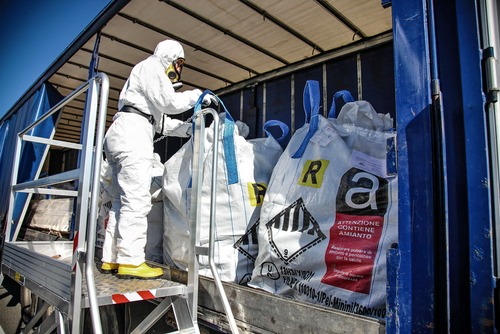
Can You Sue for Hazing Injuries?
Hazing is a traumatic and potentially deadly activity plaguing the American university system. A study by Alfred University found that 250,000 students underwent some sort of hazing to join a college athletic team, and 5 percent of all college students report being hazed at some point in their college careers. Female NCAA athletes are at an increased risk for hazing, with approximately half reporting being hazed.
Hazing may include heavy alcohol consumption, humiliation, sleep-deprivation, sex acts, and isolation are all common hazing practices in U.S. universities. While many students see them as a “rite of passage,” the truth is that hazing can have serious and even fatal consequences. Students who have been through hazing as part of a team, club, or organization certainly have the right to sue for hazing injuries.
There are three potential legal avenues for hazing-related injuries:
- Intentional tort: The difference between a negligence-related lawsuit and an intentional tort lawsuit is the mindset of the offender. For example, if one person punches another in the face at a party, it was clearly intentional and would qualify as an intentional tort. However, accidentally bumping into someone at a party, causing him to fall backwards and injure himself, would not qualify as an intentional act. Intentional torts include battery, assault, false imprisonment, intentional infliction of emotional distress, fraud, defamation, invasion of privacy, trespassing, and “conversion” (the criminal court equivalent of stealing). Intentional torts give you the opportunity to collect damages for medical expenses, lost wages, pain and suffering caused by the hazing, and you may even be able to recover punitive damages.
- Negligence: A personal injury lawsuit hinges on the concept of negligence, i.e. the failure to take the proper care in doing something. For a driver, this could mean disobeying the rules of the road and causing a car accident as a result; for someone in a college organization, this could mean standing by while another member is forced to drink heavily and perform dangerous acts as part of a hazing ritual. The important thing about a negligence lawsuit is that it can include the failure to act in some way—not just performing a negligent act. In other words, one does not have to be part of the hazing in order to be guilty of negligence; if you knew what was going on and did nothing to stop it, you could be found negligent.
- Civil suit against the organization or school: If you are injured in a hazing incident, you could have a case against the organization involved or school where the incident took place. However, it is important to remember that claims against the government have special rules and time limits involved; therefore, if the school is public, you might need to file your claim sooner than you think. Typically, you must give notice of your claim to the school within a short time frame, then give the school time to respond to your claim.
Regardless of which step you want to pursue, your first step should be contacting an experienced personal injury lawyer. An attorney will be able to tell which legal path will yield the best results for your specific case.

















